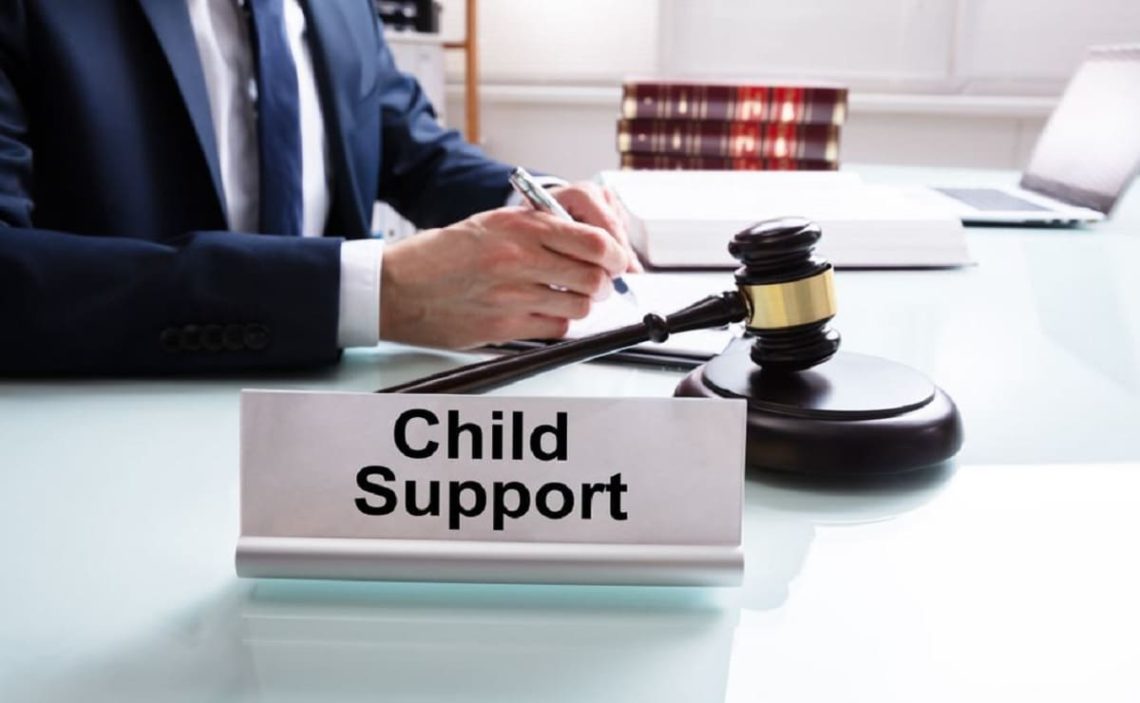When you are unable to meet your child support payments, it is common for the enforcement agency to levy your tax refund. Your child support will take unpaid taxes from the IRS to cover all the arrears you have had.
Faced with this inconvenience, you have two choices, the first is to allow the IRS to take your refund and the second is to take some quick steps to avoid this seizure. The important thing is to resolve the support issue.
Ways to Protect Your Child Support Tax Refund
You can take different steps to prevent child support from taking your entire tax refund. You need to assess your best solutions based on your needs and possibilities.
Design a payment plan
A payment plan is the best solution for catching up on delinquent payments. Establish your possibilities and the obligations you must fulfill before a certain period to avoid affecting your repayment.
When you access this option, you must consider the interest usually charged due to the delay. However, you will not forfeit your repayment if you purchase a repayment plan and comply with its requirements.
Try contacting your local DCSE agency
The division of Child Support and Enforcement is responsible for collecting child support. However, they continue to hear appeals/grounds for arrears. Some of the causes that may justify arrears are loss of job, a disability, or a significant increase in income of the other parent.
Make full payment of the debt
One of the best alternatives is to make full payment of child support; in these cases, the government will not take your refund. As long as you are current, your refund is safe.
Request a hearing
As long as you have a pending request for a hearing, DCSE will probably not garnish your tax refund. This hearing will present your case and explain why you have been behind. It is also an opportunity to explain why you need your full tax refund.
Why does the program take your refund?
Since 1981, the federal tax refund offset program has been in place that allows the IRS and other state taxing authorities the right to garnish your refunds to make child support payments.
When the IRS intends to garnish your refund, it will not do so without several week’s notices to allow you to catch up on your payments. The notice is to let you know that you are on the list of refunds to be levied.
On the other hand, if the debt is greater than the refund that you will recover, the Tax Office will only be able to withhold the amount corresponding to the overdue time.
Therefore, it is important to have an updated address with the Tax Office. If you have not updated it, you will send the notifications to that address and will not receive them after taking the necessary precautions.
Can you receive your tax refund if you have back child support?
In 2020/2021, the IRS stopped seizing tax refunds for the first time since 1981. It is currently unknown if it will continue to offer this exemption or if there will no longer be any benefit for debtors.
If you have any doubts, you should contact the IRS directly to find out if you have any exemption according to your situation.
María Laura Landino is a journalist who graduated from Boston University with more than four years of experience in the financial sector. He has been responsible for several research papers published by major universities.
Content Manager of allaboutgroup company. You will find me in job and Finance sections.


